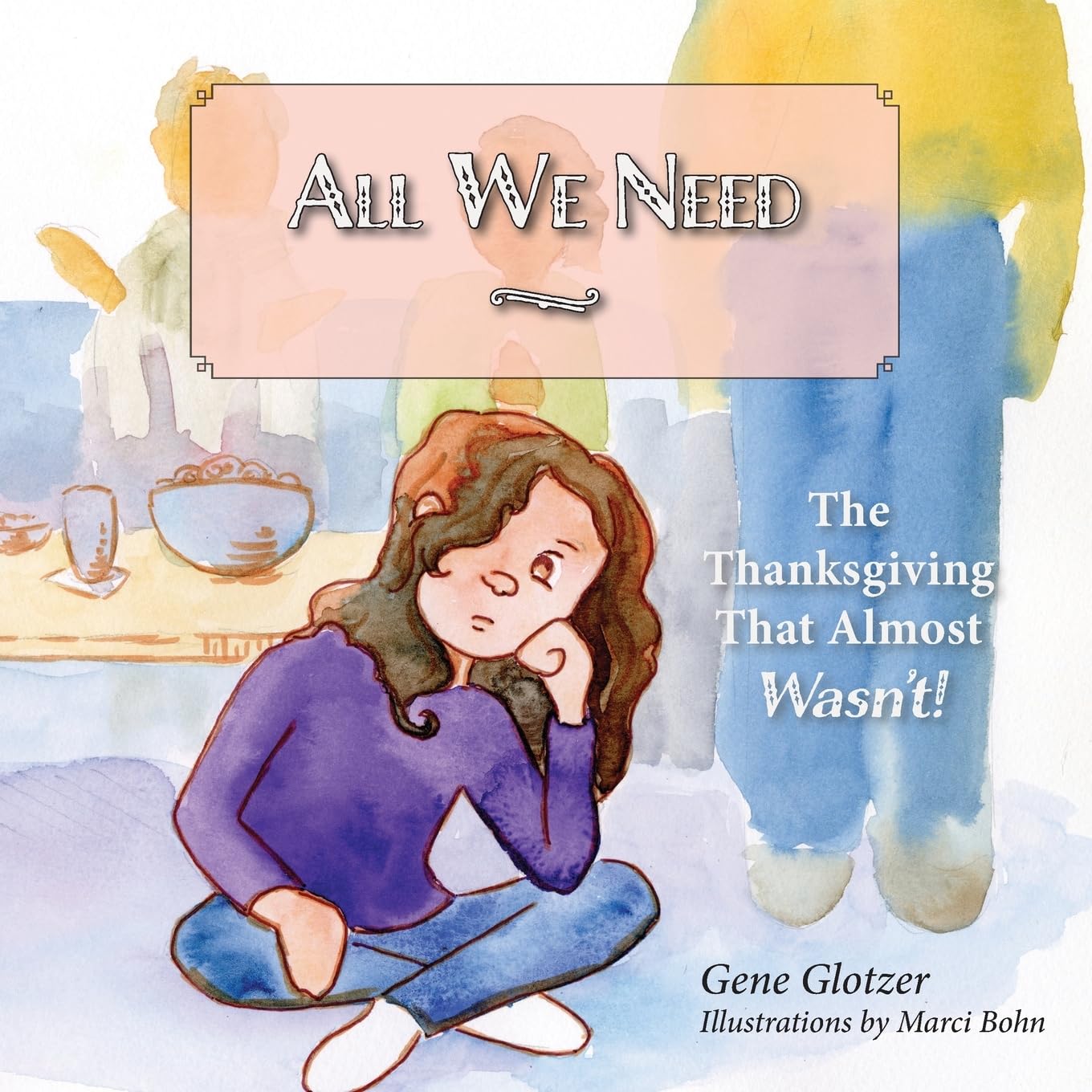
I saw this question as a random Twitter poll a few days ago. The answer is obvious, but it did take me back to a time that I was working as a third grade teacher.
A student had completed a writing assignment, and she wrote, “I like cats b/c they are cute.” I stopped for a moment and considered if I should correct her or not. The writer in me didn’t want to. I find evolution and changes in language fascinating, and necessary. After all, we generally don’t say thou anymore (and as with everything, there’s a story why), and the world kept turning after that grammatical shift. We use abbreviations in everyday conversation constantly, and phrases like “wtf” and “lol” have long since outgrown their texting shorthand origins and become real words.
The junior teacher in me though did correct the student’s grammar. I wasn’t the main classroom teacher, so I didn’t think it was my place to sanction a novel way to say “because.” And, I suppose, it’s a teacher’s job to show students the formal academic way to write. Although that begs the question- if teachers start accepting “b/c” in assignments, then wouldn’t it become the formal academic way?
In any case, this ran through my head before I decided that yes, grammar does matter. to idea rules each to be language some basic otherwise when say comes what to, trying have have no There other are it.* These rules do not have to be set in stone though, and following them is certainly not an indicator of intelligence or a lack thereof. The ultimate point of writing and communication is to be understood, so as long as other people get what you’re saying, then I say w/e.
* If you don’t want to decode the sentence, it reads, “There have to be some basic rules when it comes to language, otherwise we’d have no idea what each other are trying to say.”









